Securities Claims: FINRA Arbitration, Broker Fraud, Unsuitable Investments, North Carolina Securities Act ATTORNEYS
When you trust an investment firm to manage your savings, it is reasonable to expect that firm to put your interests first and to provide you with honest, professional, and accurate information and advice tailored to your particular circumstances and needs. Unfortunately, unscrupulous stockbrokers and investment advisors can sometimes take advantage of your trust, and you can find yourself facing the loss of your life savings because of the dishonesty and self-interested behavior of others.
If you have been the victim of misrepresentation, self-interested behavior, fraud or other illegal activities by an investment advisor, brokerage house or broker-dealer, Howard Law can help. Howard Law's founding attorney, Brooke Howard, is experienced and skilled in representing shareholders and investors who have been victims of securities fraud. Brooke has represented investors and shareholders in proceedings in the North Carolina Business Court, the Delaware Court of Chancery, and through FINRA’s Dispute Resolution system.
Broker misconduct and investor fraud can take many forms. Some common claims can arise from the following fact patterns:
Unsuitable Investments:
This type of claim occurs where a broker or investment advisor places his or her client in a highly speculative and unsuitable investment in order to maximize his or her commissions, even through the client cannot afford to lose any value in the investment, and the broker knows it. The recommended investment may be too risky for the client’s age and other income.Unauthorized Trading:
This type of claim occurs when a broker or investment advisor buys or sells securities without a client's prior consent. This is usually done in order to maximize the broker's or investment advisor's commissions.Churning:
This type of claim occurs when a broker improperly over trades in a client's account in order to generate fees and commissions for himself.False or Misleading Statements and/or Failure to Disclose Material Information:
Another common securities claim occurs when a broker does not fully explain the risks and benefits of a recommended investment, misrepresents the facts of the investment, or does not tell the client important information about the investment. The broker is required to give the client all material information about the investment so that the client can make a reasoned decision to buy the recommended investment. The broker is required also to disclose “all material information necessary to make the representations made not misleading.”
FINRA’s Dispute Resolution System
If an individual investor has a dispute with a FINRA brokerage firm or stock broker, he or she may be required to arbitrate the dispute through FINRA’s Dispute Resolution system, depending on the account agreements and/or other contracts signed by the investor. The FINRA Dispute Resolution system has its own set of rules, which limit the amount of discovery that can be conducted. This typically enables the disputes to be resolved more quickly than they would be resolved through traditional court proceedings. An individual investor may also be deemed to have a longer period of time to initiate a FINRA proceeding than he or she would otherwise have to file suit under applicable statutes of limitation.
Free Consultation and Contingent Fee Structure
Howard Law will aggressively pursue recovery of investors' losses resulting from securities fraud, churning, lack of suitability, negligence, unauthorized trading, stockbroker malpractice, and other unlawful actions. To speak with an experienced investment fraud attorney, please call 919-446-5193 for a free consultation. We handle most securities claims on a contingent fee structure.

